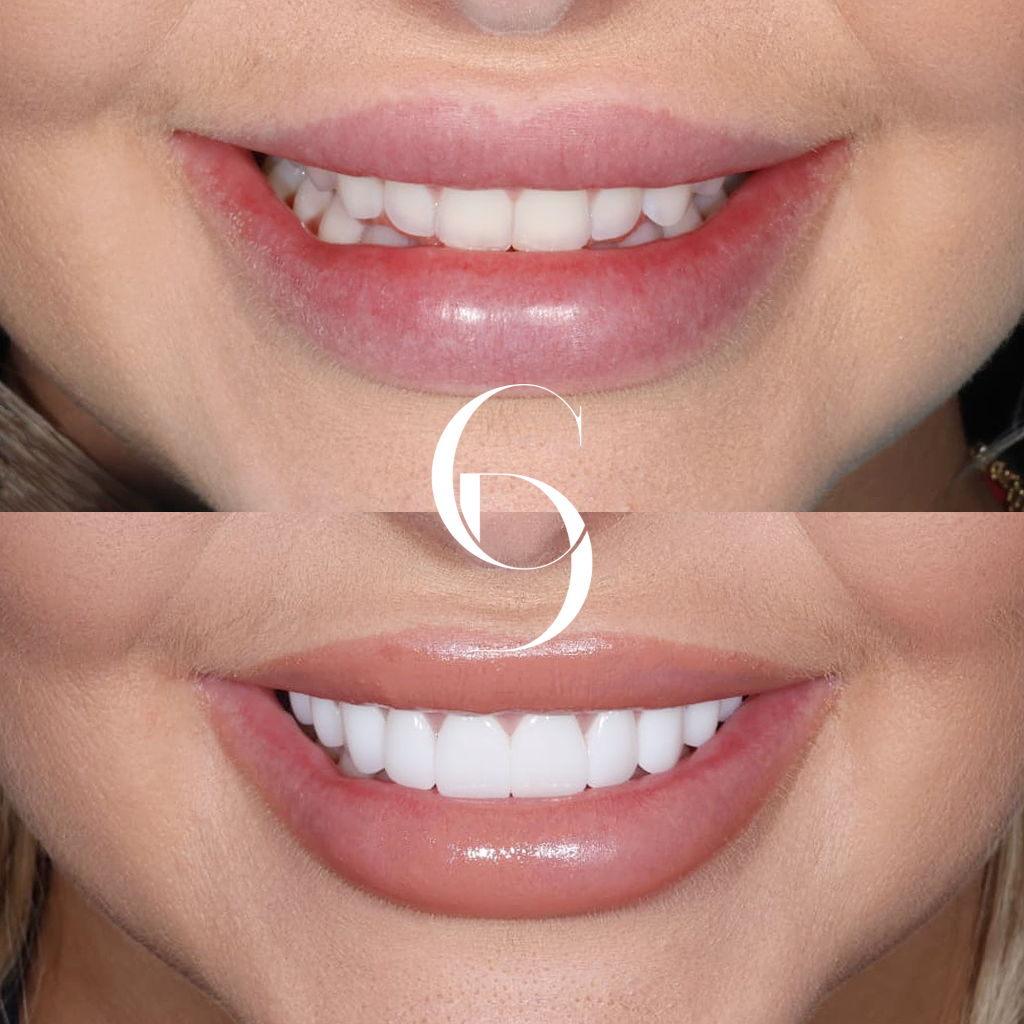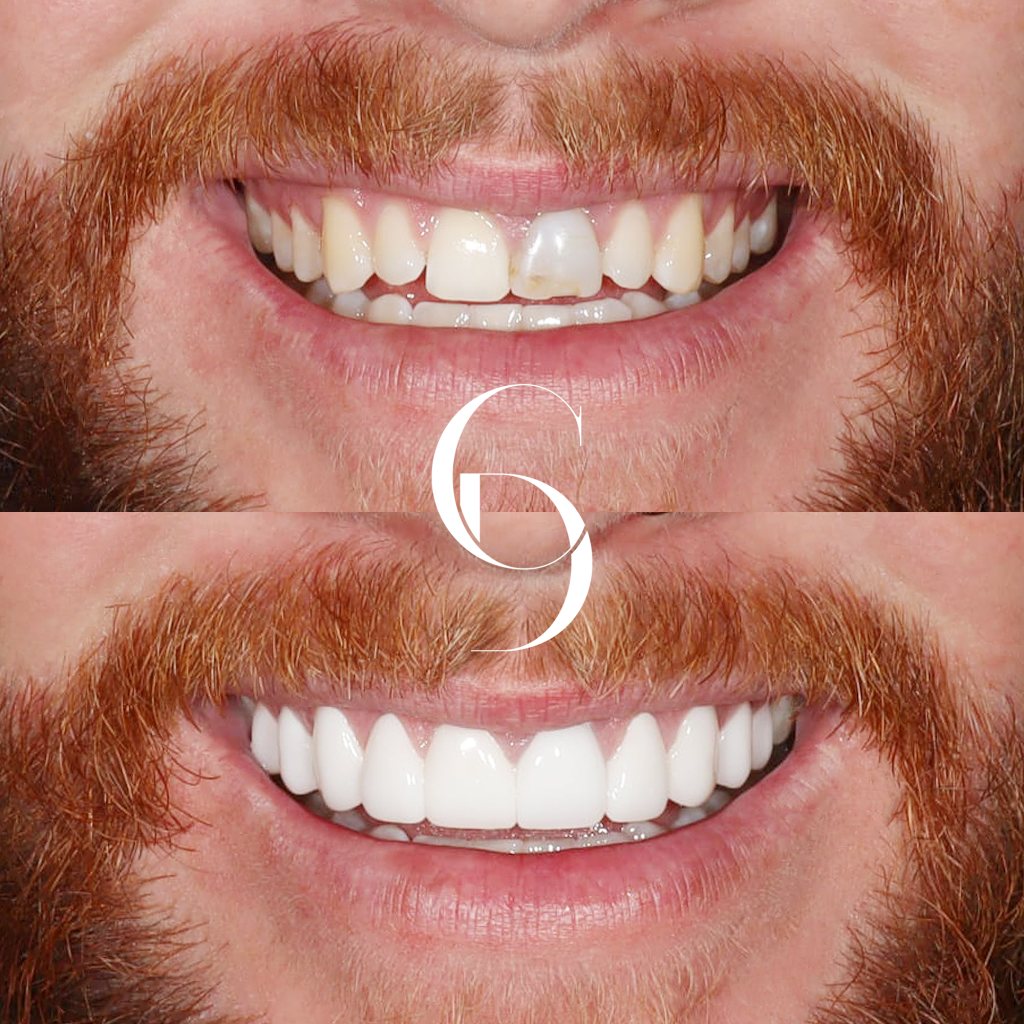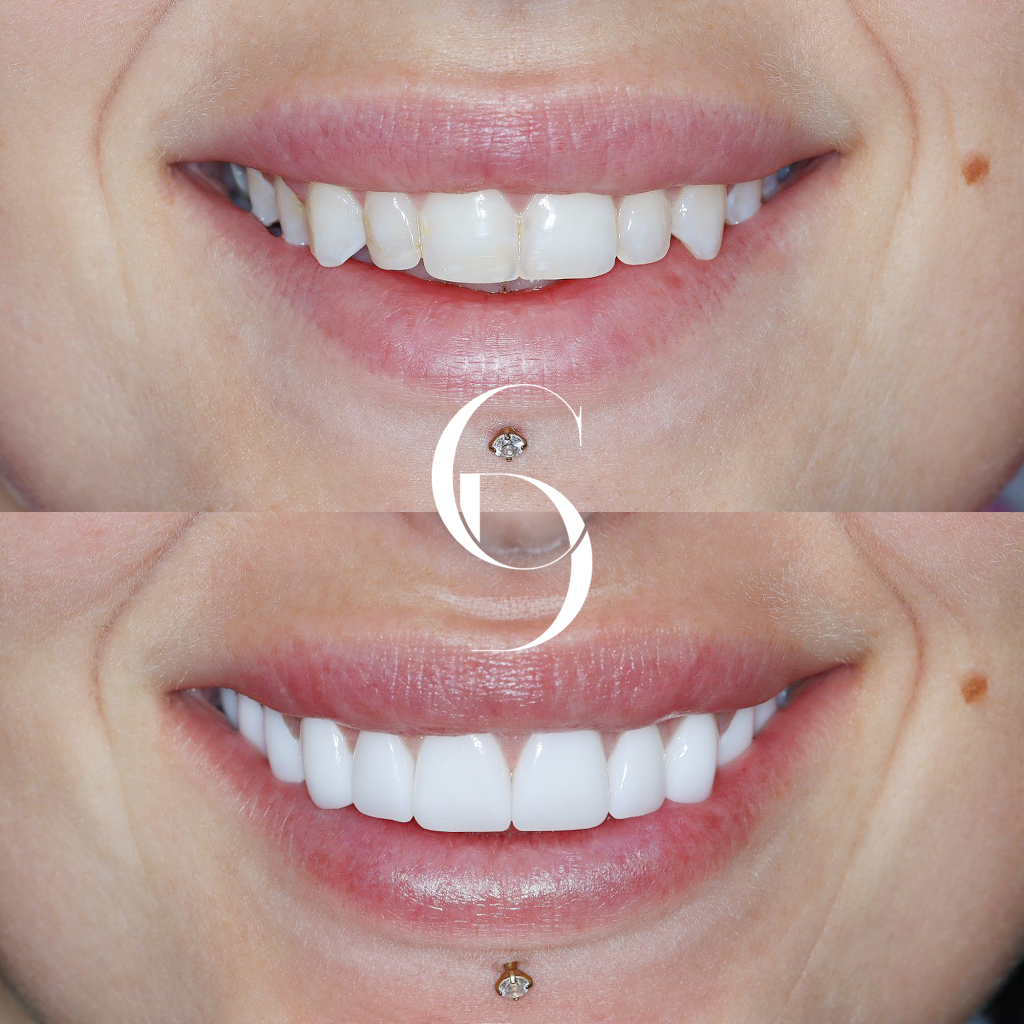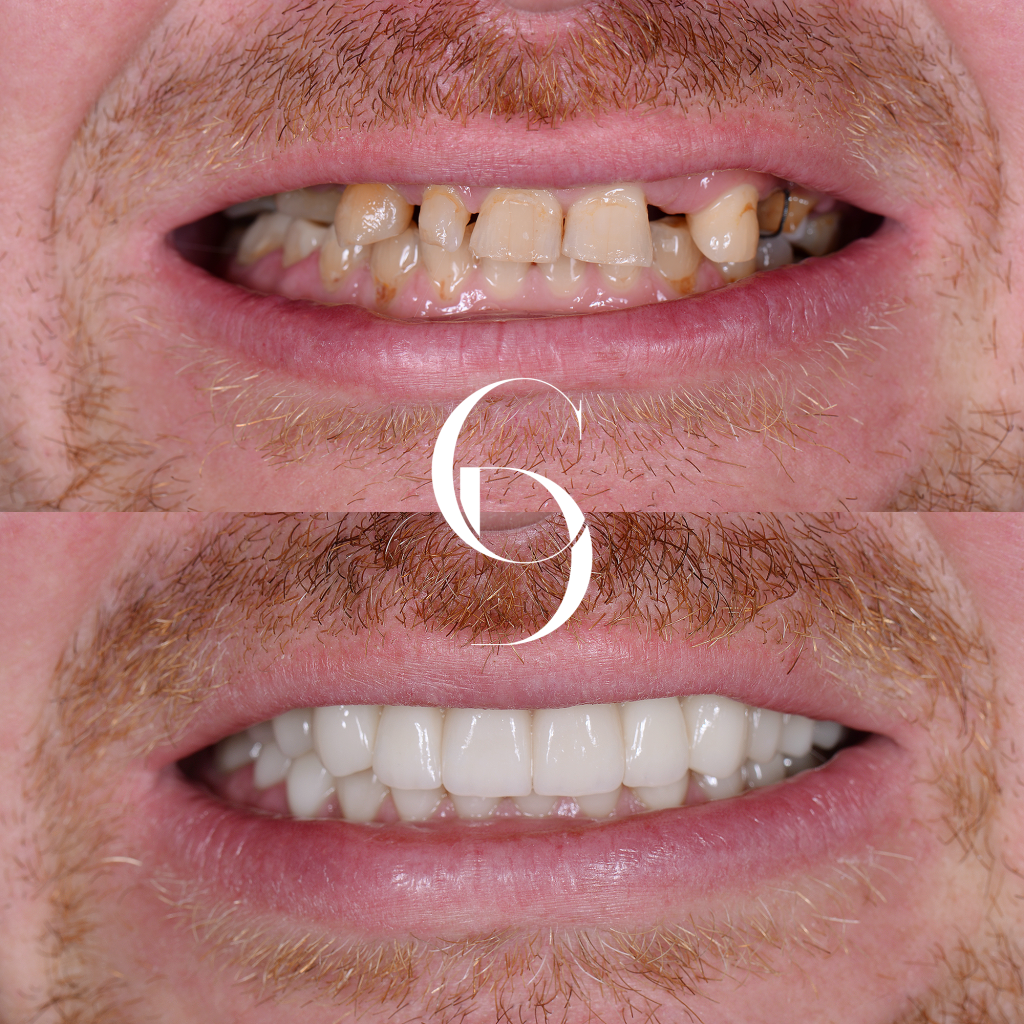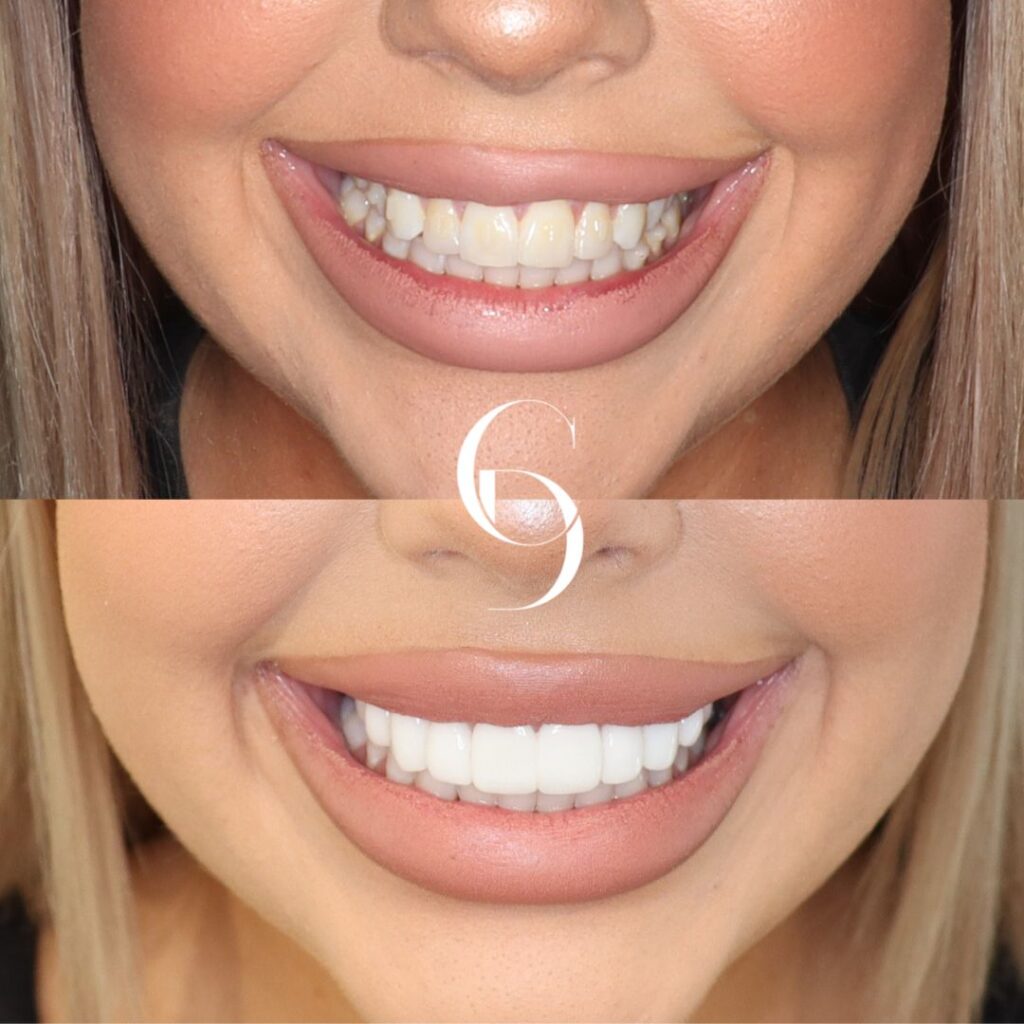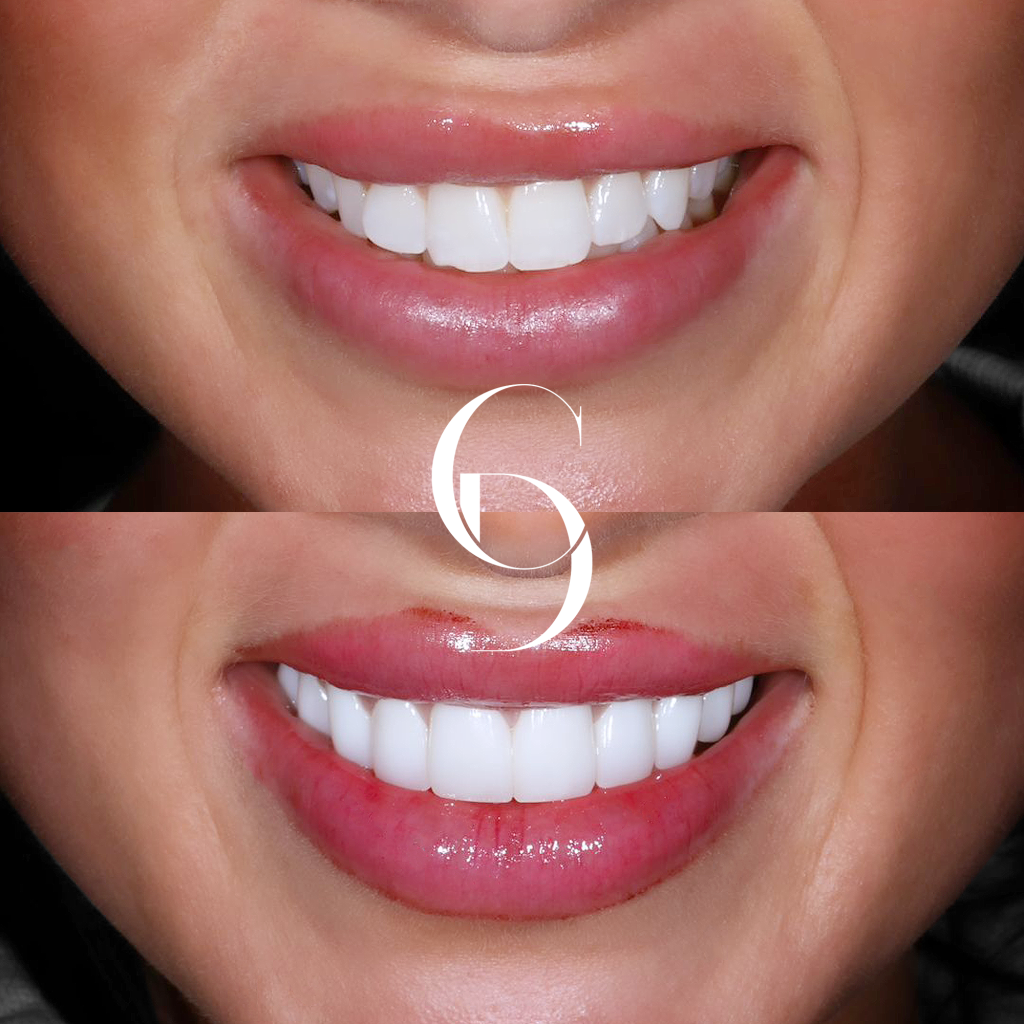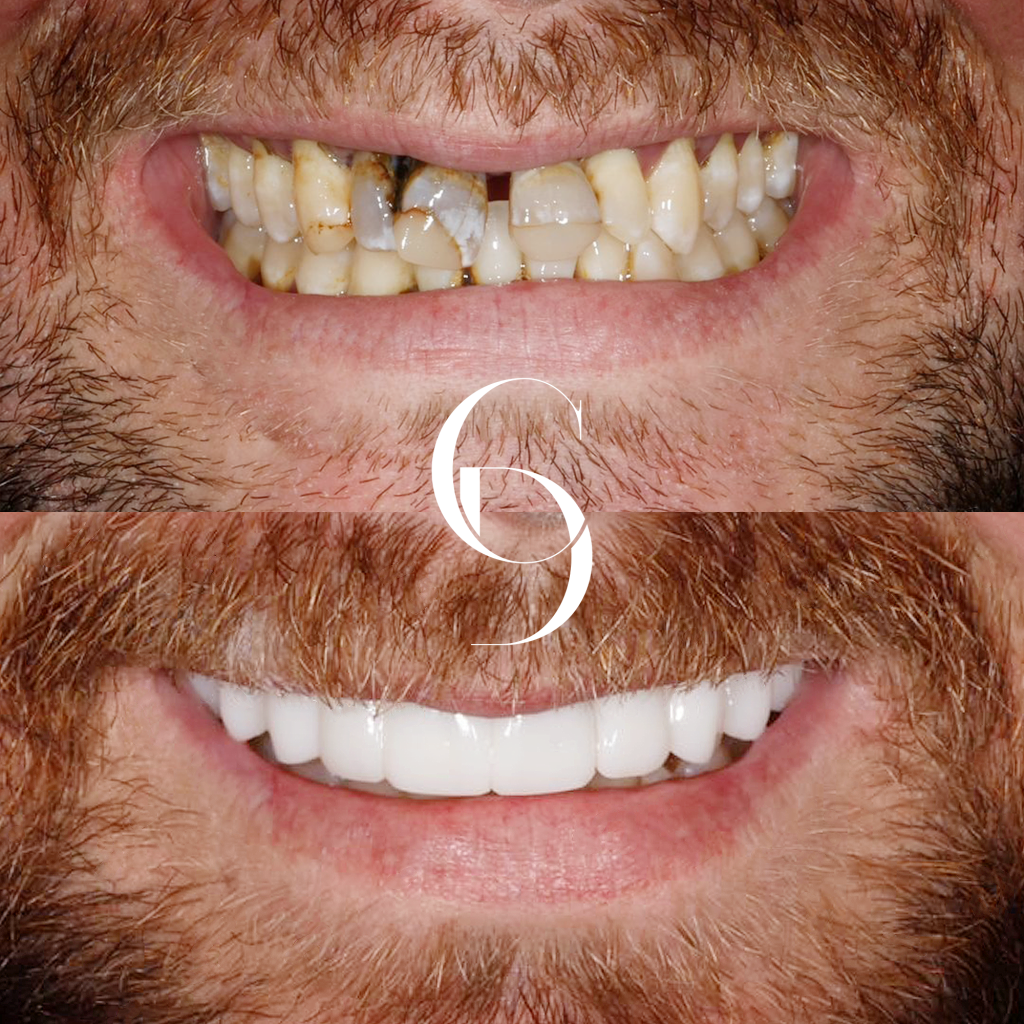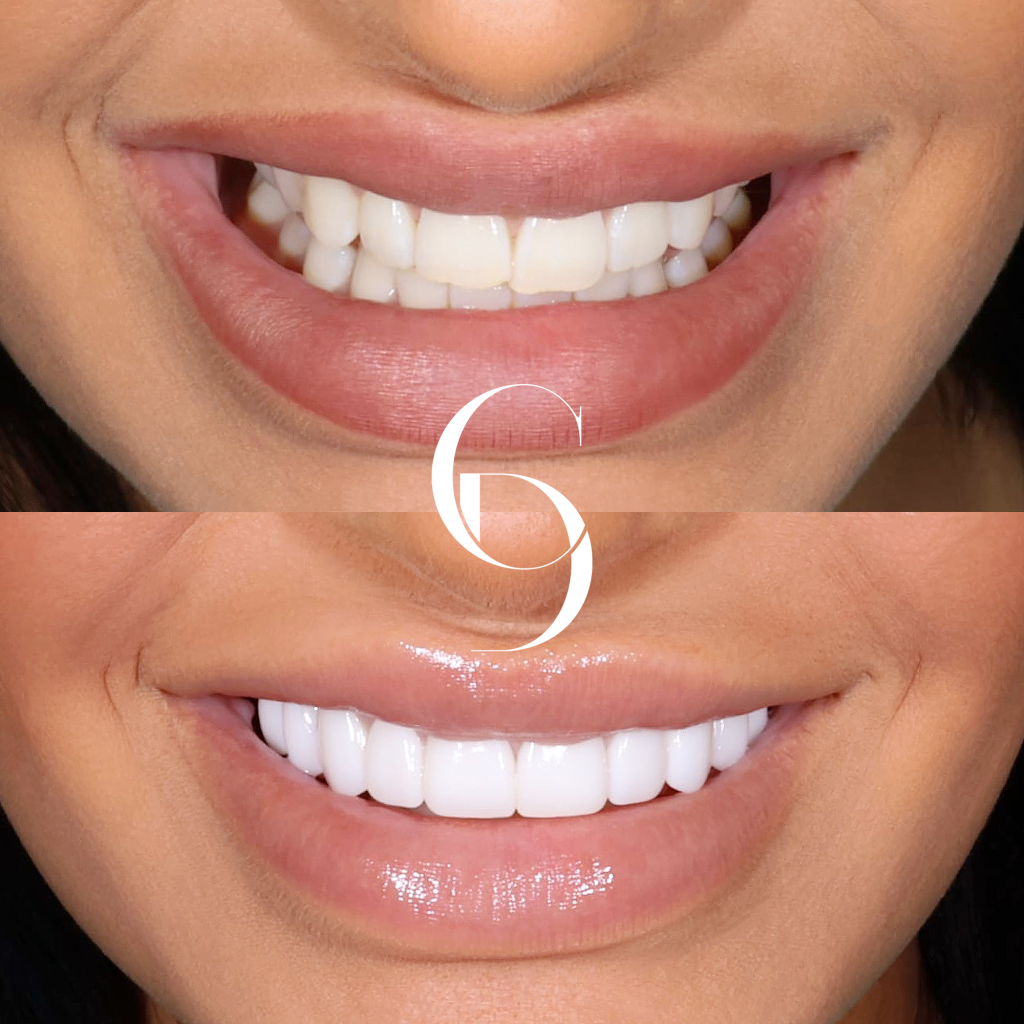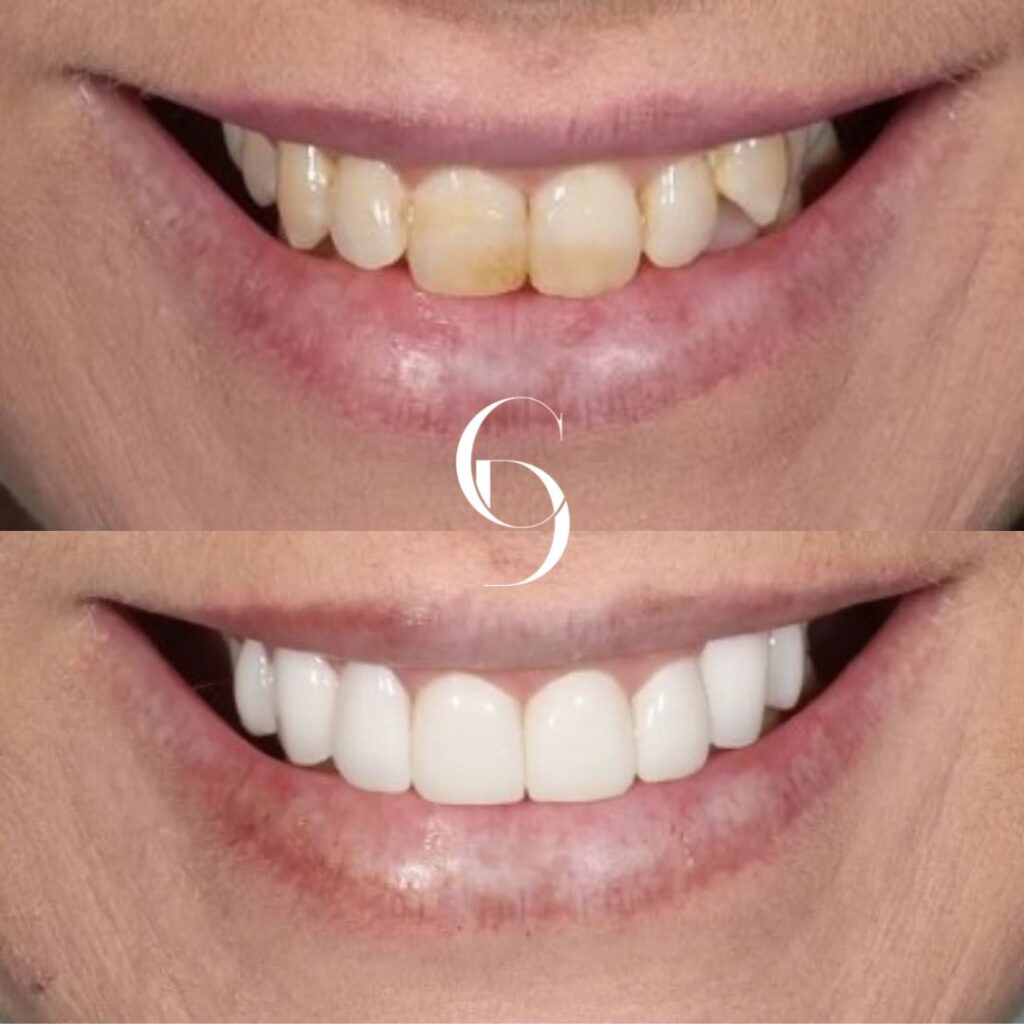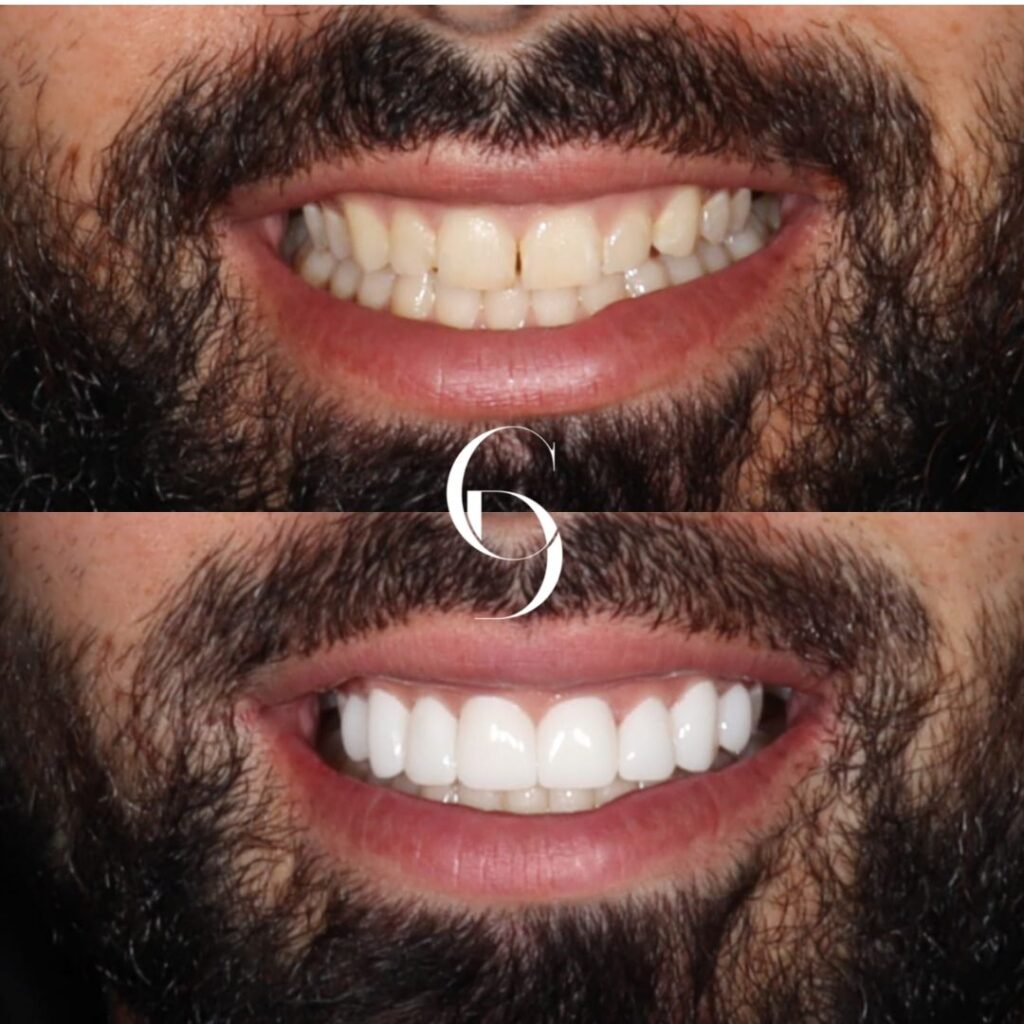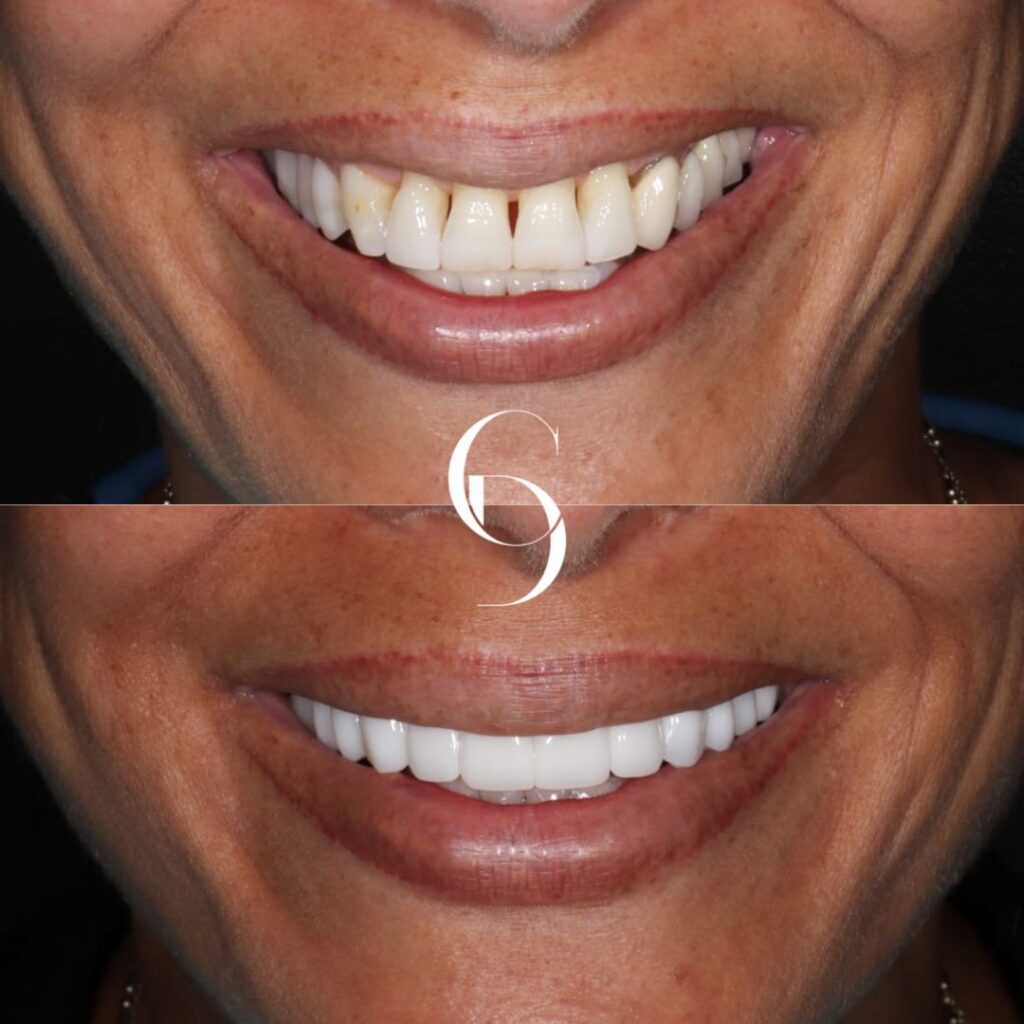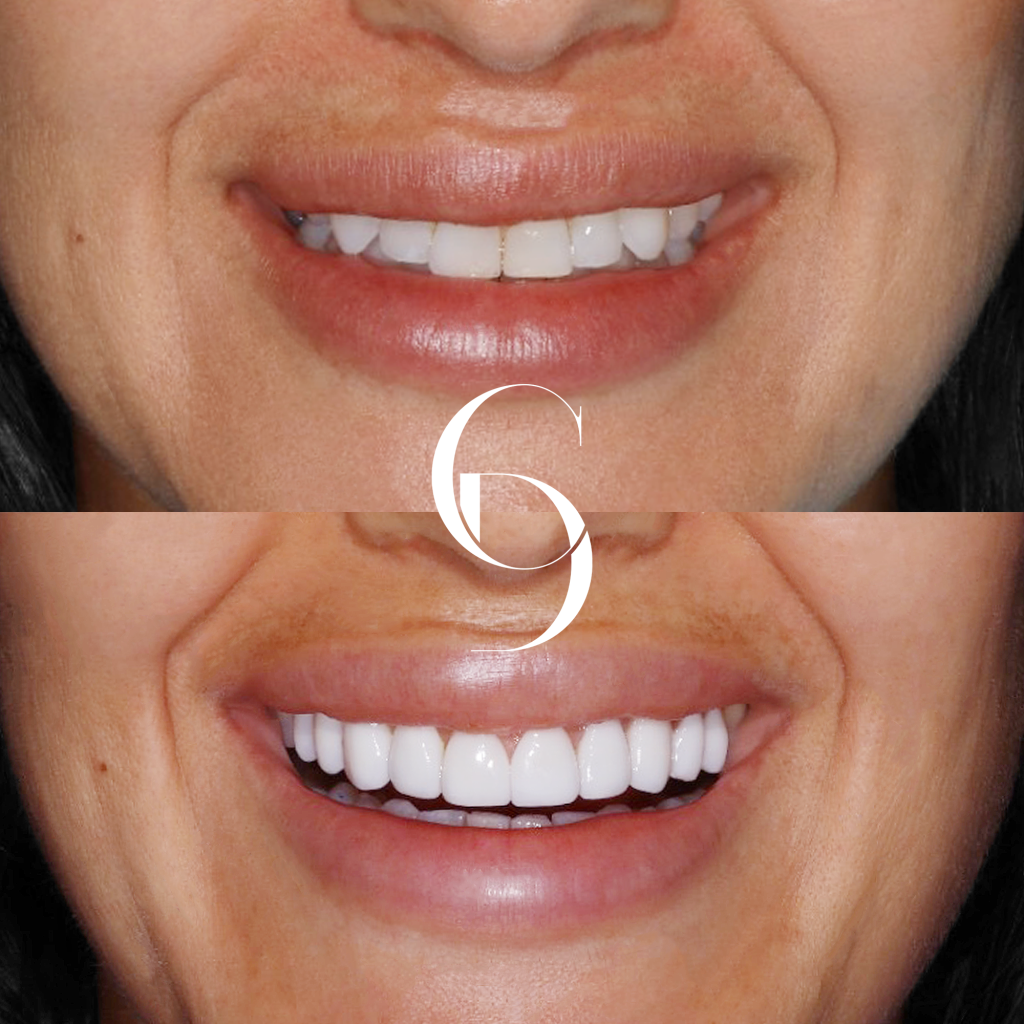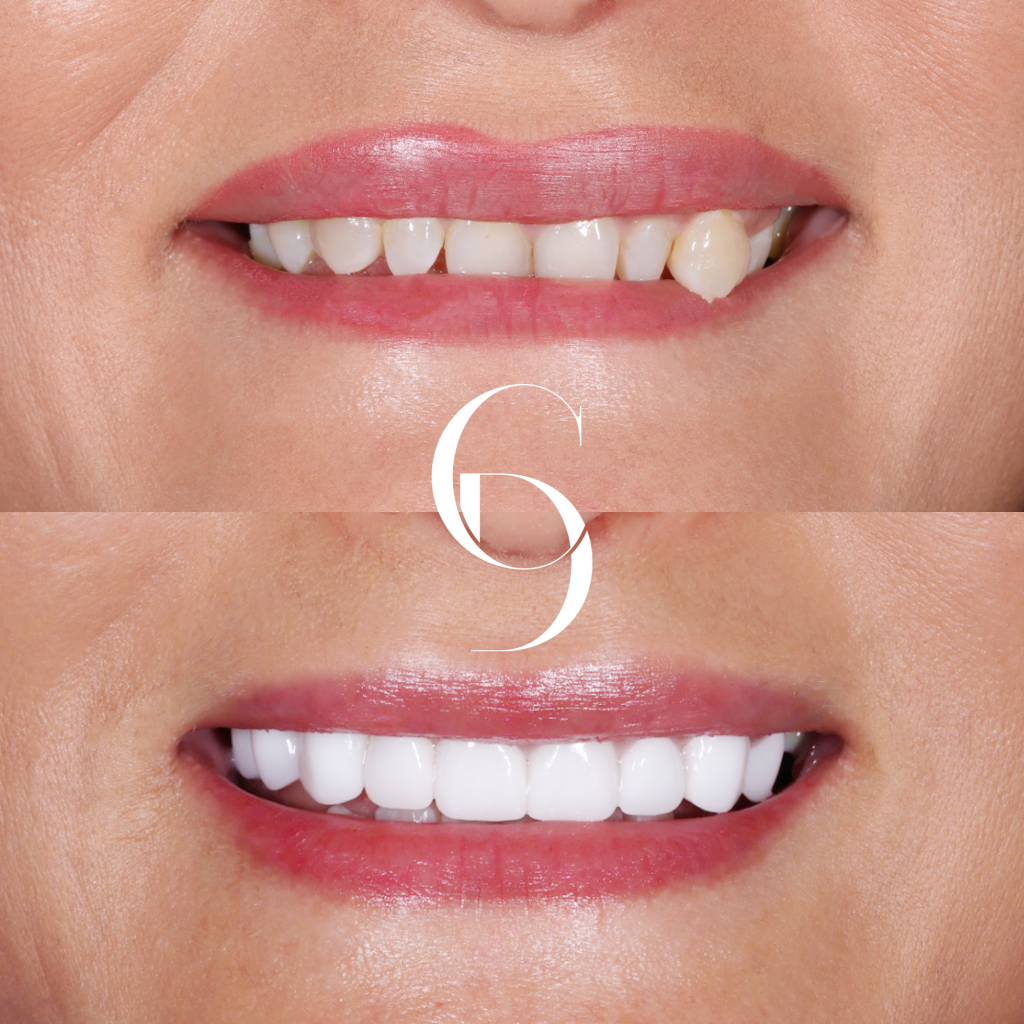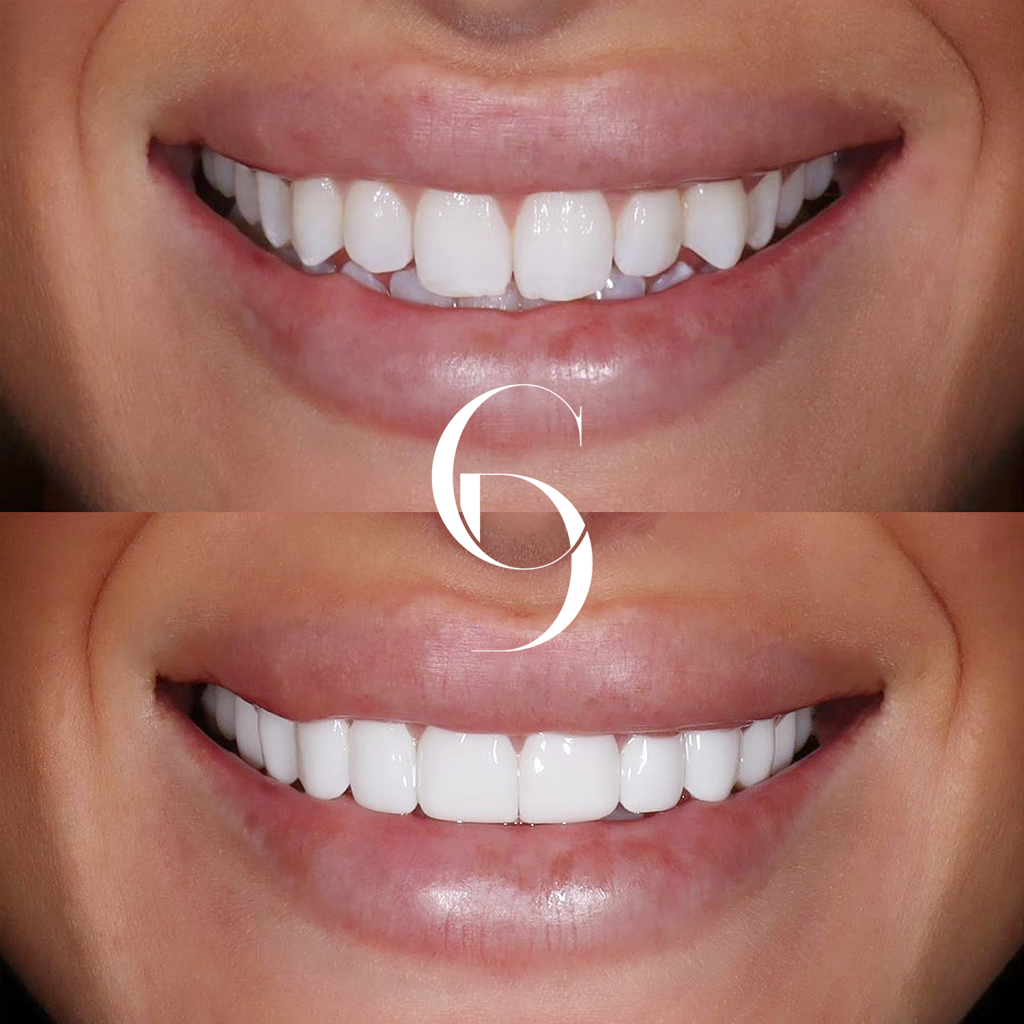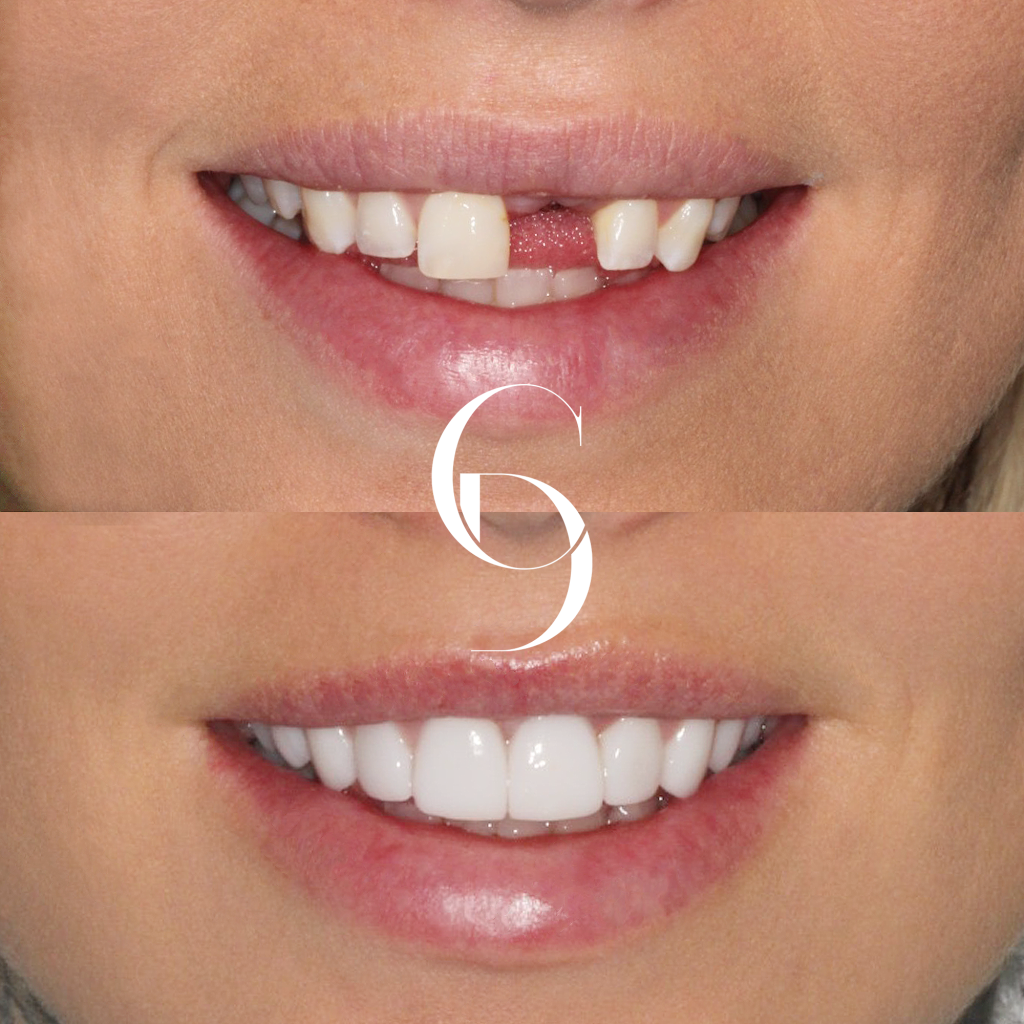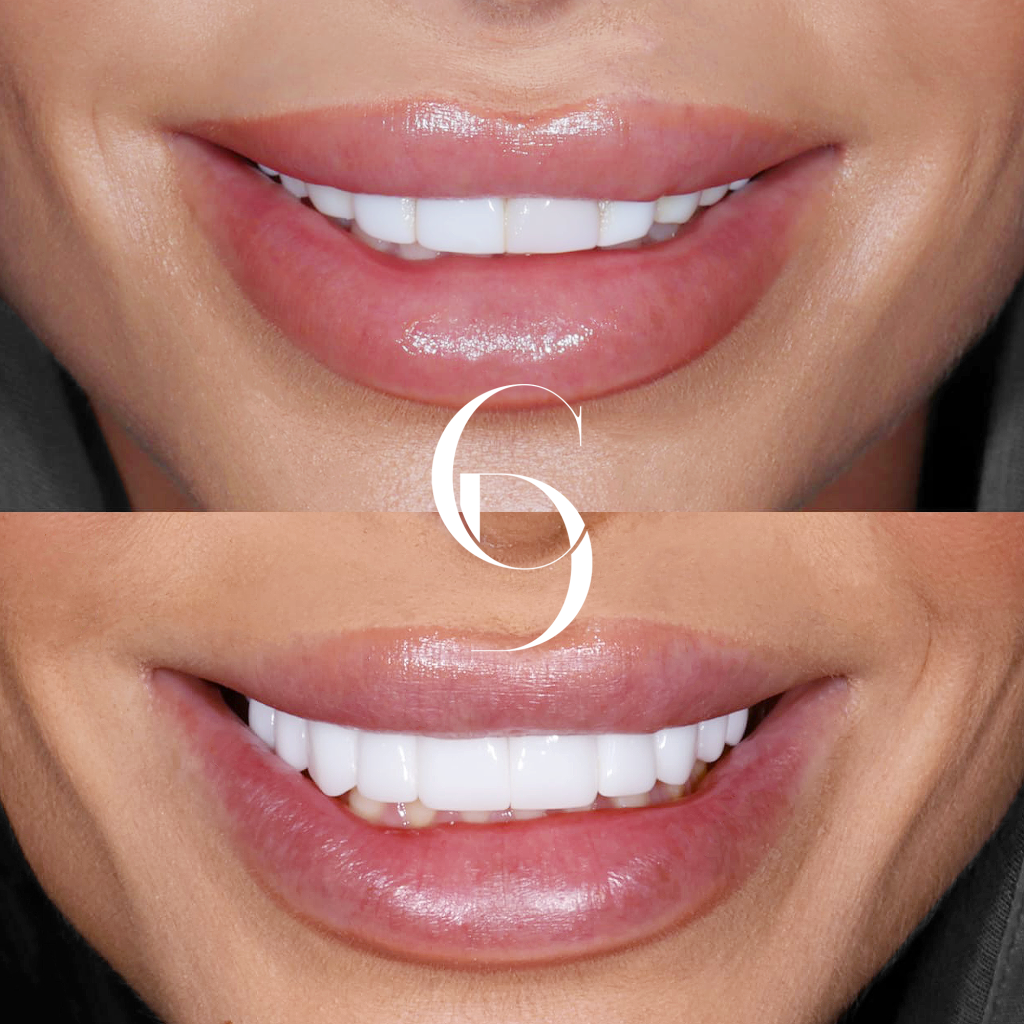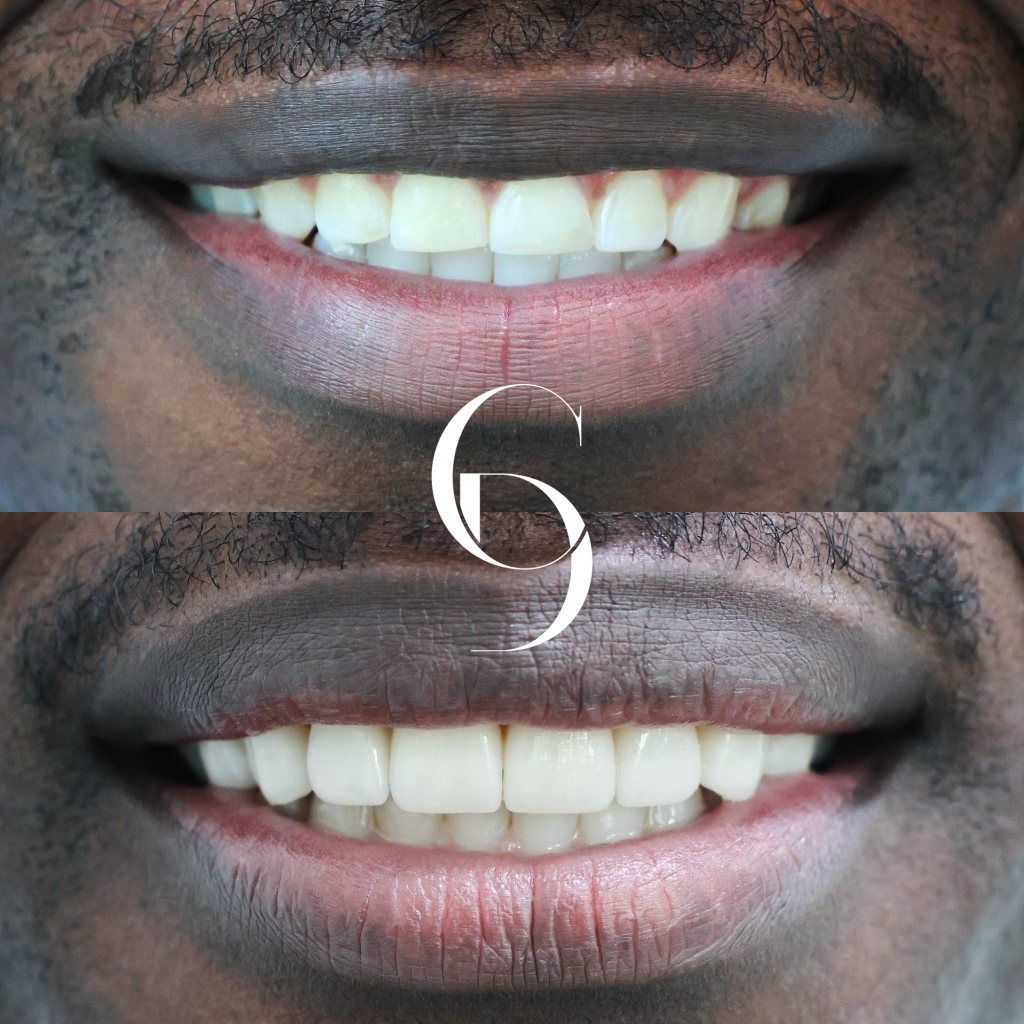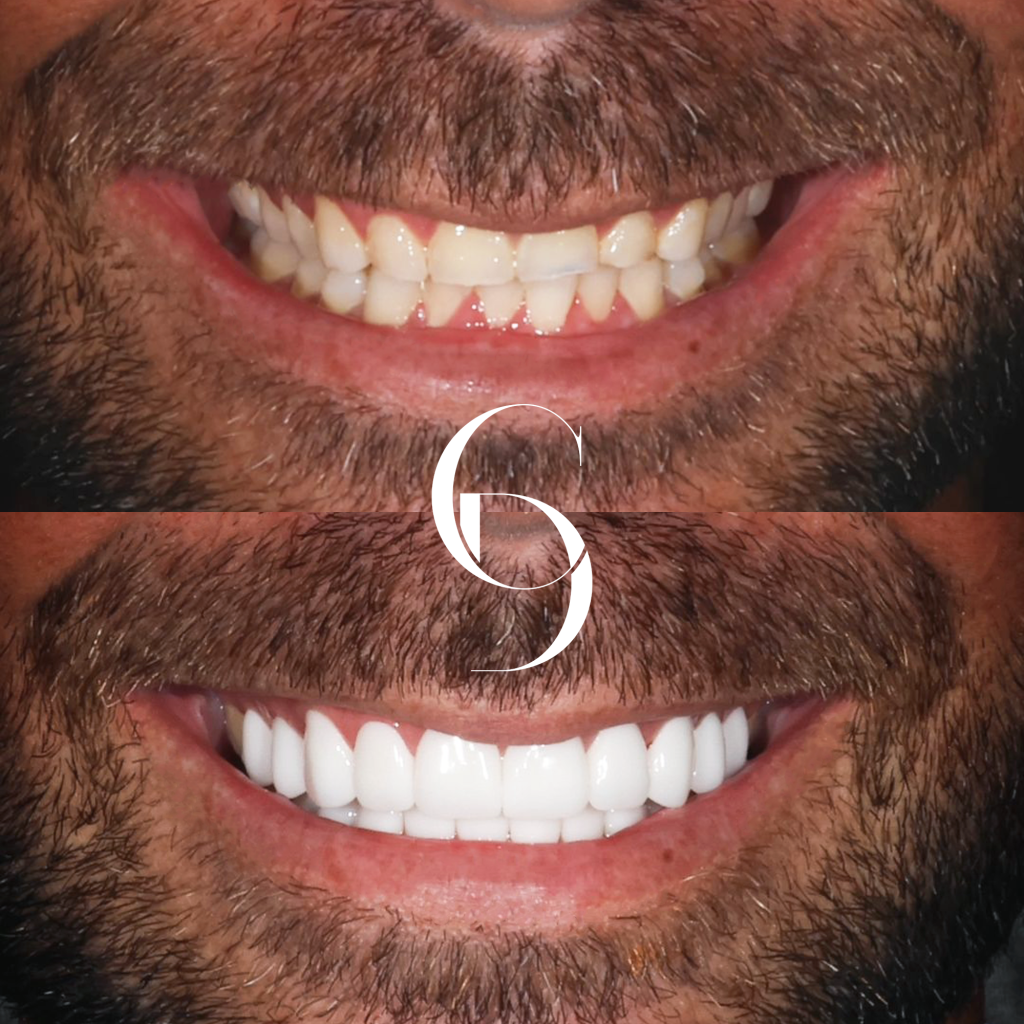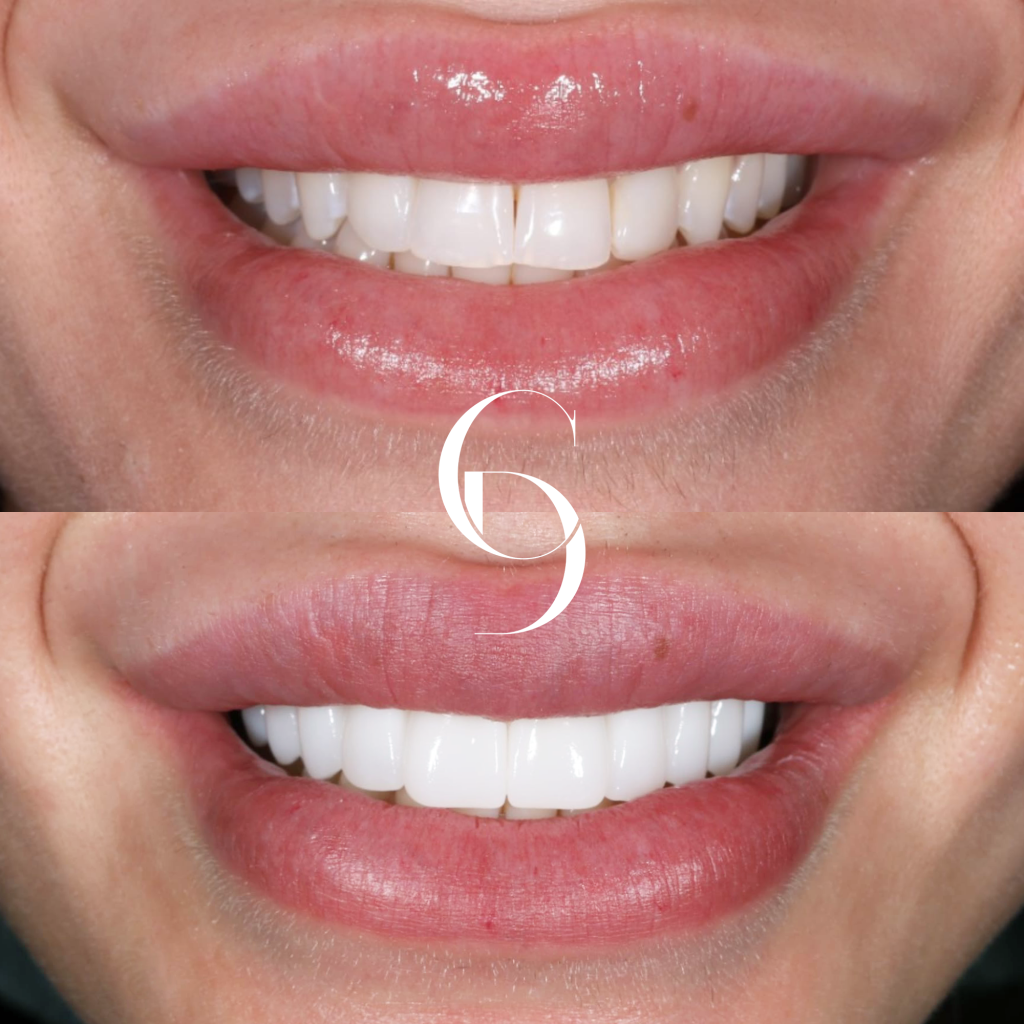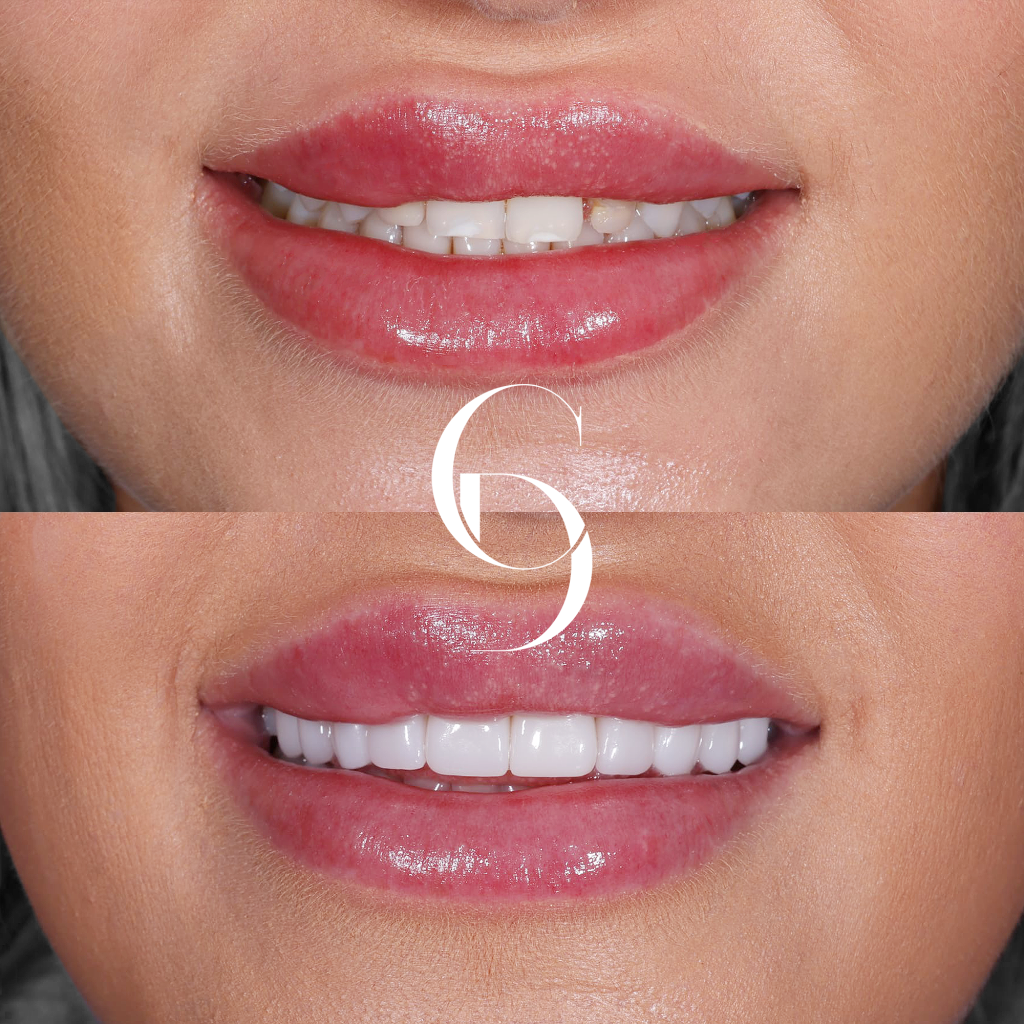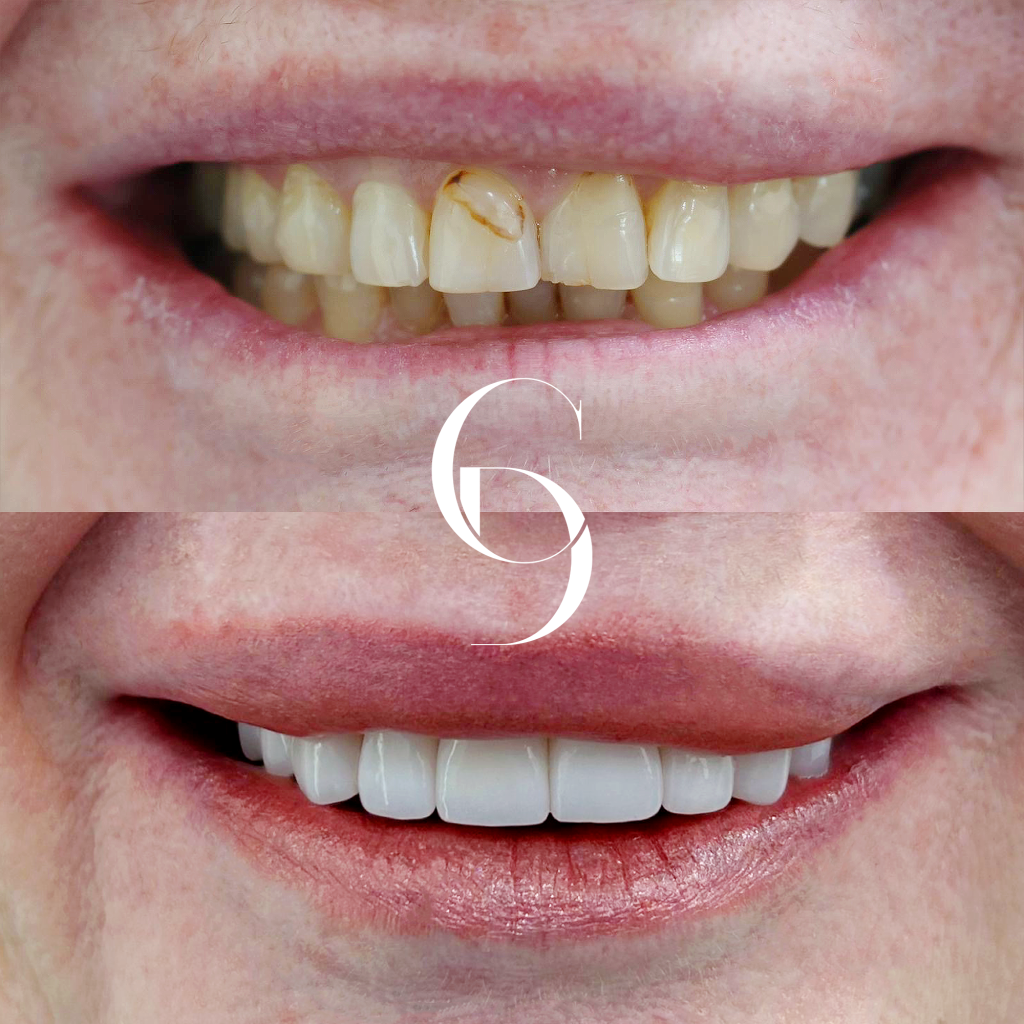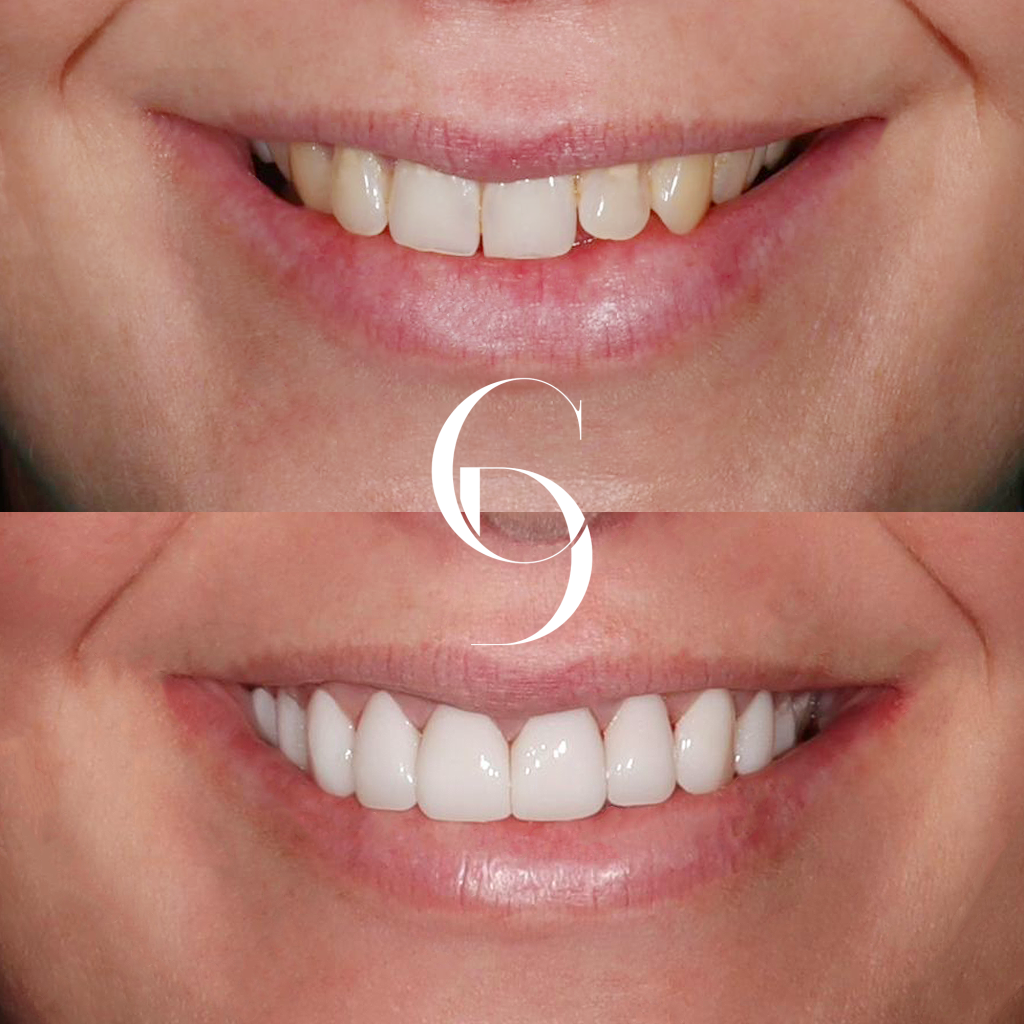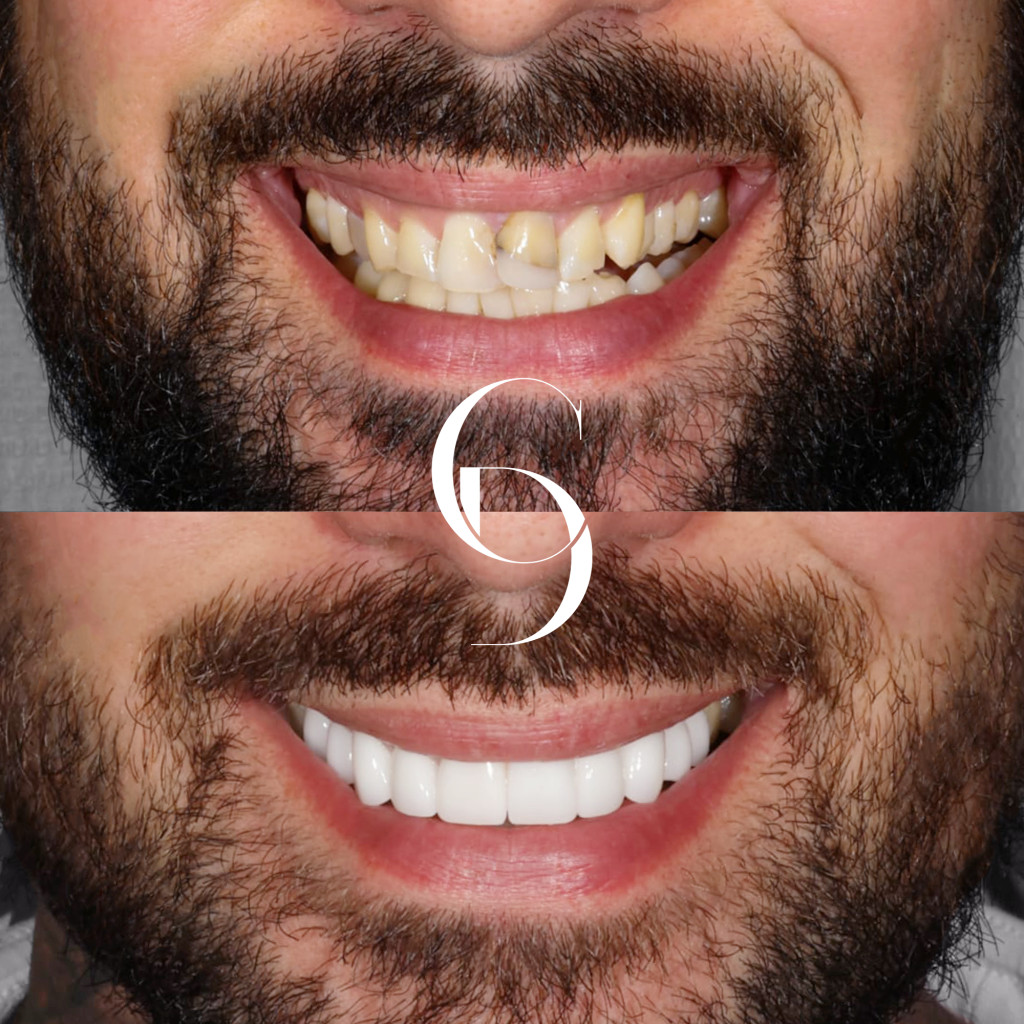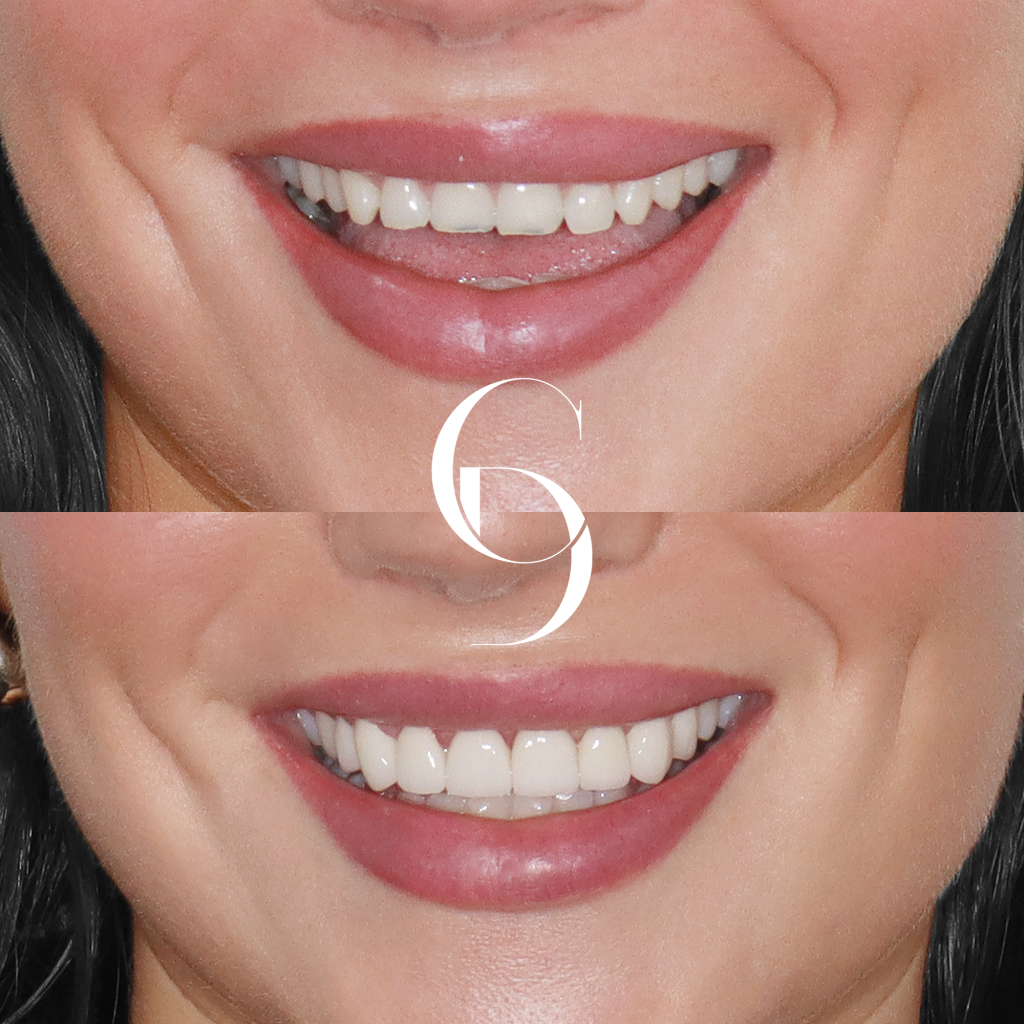For many, visiting the dentist feels hectic and they find all possible excuses to avoid taking the path. Why? They say.’’My teeth are perfectly fine”. That’s the answer almost every individual gives, no matter if they are having a toothache or cracked/chipped teeth. They face it due to their lifestyle – hardly anyone moves from brushing and flossing.
Well, but what they are bringing upon themselves is discomfort – in talking, eating food, or even sleeping. And other than these, it distorts their appearance.
Curious? Keep reading to get the answer……
The Consequences of Ignoring Dental Problems
Bad Breath (Halitosis):
Often stems from dental issues like untreated cavities or gum disease. The main reason behind this unpleasant condition is plaque—a sticky bacterial film that consistently forms on the teeth. As plaque accumulates, it undergoes decomposition by bacteria, releasing volatile sulfur compounds (VSCs). These compounds primarily contribute to the foul odors associated with bad breath.
Gum Disease:
Poor oral hygiene can lead to gum disease, from gingivitis to periodontitis. Gingivitis, the early stage of gum disease, causes red, swollen, and bleeding gums. If not treated on time, it becomes more severe periodontitis, which damages the soft tissue and bone that support the teeth. This leads to gum recession, tooth mobility, and even tooth loss.
Tooth Decay:
The human mouth is home to various bacteria, some forming a sticky film. The bacteria thrives on sugars in the food and drinks, eroding the enamel and making things painful. These have severe consequences if neglected, as tooth decay advances from minor cavities to persistent pain and discomfort. This happens due to overlooking enamel defects, such as hypo calcification or fluorosis, and chips & cracks in teeth, particularly those extending below the gum line. Unaddressed damage escalates, culminating in severe issues and the potential loss of teeth.
Tooth Loss
Neglecting dental care, such as leaving cavities untreated, threatens the structural integrity of teeth, potentially necessitating extraction. Simultaneously, persistent teeth grinding can accelerate enamel wear, weakening teeth and gradually contributing to tooth loss. Moreover, misaligned or crowded teeth create challenges in maintaining proper oral hygiene, heightening the risk of tooth loss. These factors underscore the importance of proactive dental measures to preserve the longevity and health of one’s natural teeth.
How to Cure these Dental Problems?
Education on Oral Hygiene:
Empowering individuals through education on proper oral hygiene practices is crucial to early intervention. Teaching effective brushing and flossing techniques forms the basics of choosing the right brush to how to brush can prevent cavities and gum disease.
Cavity Detection and Fillings:
Detecting and filling cavities or applying porcelain dental veneers in their early stages is generally a good strategy to prevent the progression of decay. However, in some cases, a more invasive procedure, such as a root canal, may be necessary
Regular Dental Check-ups:
Scheduling regular dental check-ups is a fundamental aspect of preventive oral care. Even without noticeable issues, professional examinations during these appointments are crucial in early problem detection.
Sealants:
Dental sealants are applied to any tooth, but they are particularly beneficial for molars because molars have pits and fissures that are more susceptible to decay. Applied to the chewing surfaces, these coatings act as a barrier against bacteria and food particles, significantly lowering the risk of cavities in vulnerable areas.
Gum Disease Management:
Managing gum disease at its early stage, gingivitis is essential. Through professional cleanings and improved oral hygiene, the progression to more severe periodontal disease is prevented, preserving gum health and avoiding tooth loss.
Customised Treatment Plans:
Dentists are crucial in crafting personalised treatment plans tailored to individual needs and risk factors, addressing specific concerns. This approach not only aims to prevent potential dental issues but also considers options like dental veneers to enhance the appearance and functionality of teeth.
Behavioural and Dietary Counseling:
Guiding habits impacting oral health, such as diet and behaviours like thumb-sucking, is integral to preventive care. Addressing these factors minimises the risk of dental problems, promoting a healthy oral environment.
Conclusion:
Teeth give a shape and beautiful smile on our faces, and their care is equally important. If not treated properly and carefully, bad things are bound to happen. So, instead of neglecting your teeth’s voices, listen to them and provide them with their desired treatment.
Keep Smiling, Keep Shining!!!

